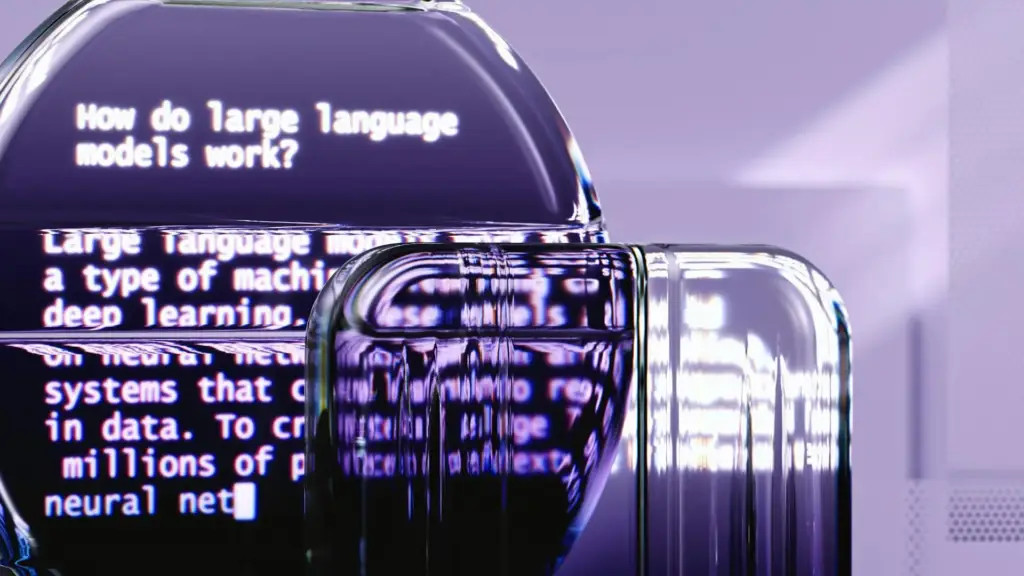The combination of AI and Democracy is transforming the way political campaigns are run and how voters’ opinions are shaped. Artificial intelligence (AI) is being used to analyze large volumes of data, segment audiences and create increasingly personalized communication strategies. This is redefining the rules of the game in the political arena, but also raises important questions about ethics, transparency and impact on public opinion.
How is AI Used in Political Campaigns?
The use of AI and Democracy in political campaigns has grown significantly in recent years. Artificial intelligence allows campaign teams to analyze large volumes of data, such as polls, social media posts and voter behavior data. With this information, AI can identify patterns and trends that would otherwise be difficult to detect.
One example is audience segmentation. With AI, campaign teams can divide voters into specific groups based on their interests, concerns and behaviors. This allows the creation of personalized messages that resonate with each segment, increasing the effectiveness of communication and, ultimately, persuasion.
In addition, AI is used to manage digital advertising (like google ads) more efficiently. AI algorithms can decide when and where to show political ads to maximize their impact. They can also adjust ad content in real time based on audience reaction, thus optimizing the resources invested in the campaign.

Impact of AI on Public Opinion.
The combination of AI and Democracy has a profound impact on public opinion. By analyzing large amounts of data and segmenting voters very precisely, AI can influence citizens’ perceptions and opinions. This is achieved through the creation of personalized messages that appeal to each person’s individual emotions, beliefs and concerns.
However, this use of AI can also have negative consequences. One of the main risks is the spread of disinformation and fake news. AI can be used to generate misleading content that is tailored to the pre-existing beliefs of certain groups, further polarizing public opinion.
In addition, AI algorithms tend to prioritize content that generates the most interactions, such as comments and shares. This can lead to political campaigns focusing on sensationalist or divisive messages, rather than promoting informed and constructive debate.

Ethics and Transparency in the Use of AI in Democracy
The use of AI and Democracy raises important ethical issues. One of the main concerns is the lack of transparency. Voters are often unaware that they are being targeted with personalized messages based on data analytics, which could be considered a form of manipulation.
Transparency is critical to maintaining the integrity of democracy. Citizens should be aware of how their data is collected and how it is used to influence their behavior. Lack of transparency could undermine confidence in the electoral process and democratic institutions.
Another problem is bias in AI algorithms. If the data used to train the AI is biased, the results will be biased as well. This could lead to unequal representation of certain groups of voters and campaign decisions that reinforce stereotypes or perpetuate inequalities.

The Future of AI in Democracy
The future of AI and Democracy is uncertain. As technology advances, we will see more sophisticated use of artificial intelligence in political campaigns and governance in general. This could lead to a more efficient and transparent political system, but it also carries significant risks.
To ensure that AI and Democracy are used ethically and responsibly, it is crucial to develop appropriate regulatory frameworks. These frameworks must ensure the protection of personal data, transparency in the use of AI and fairness in political processes.

Conclusion
In conclusion, AI and Democracy are redefining how political campaigns are conducted and how public opinion is shaped. While artificial intelligence has the potential to make democratic processes more efficient and transparent, it can also be used to manipulate and divide society. The challenge for the future will be to find a balance that maximizes the benefits of AI while minimizing its risks, thus preserving the integrity of democracy.

